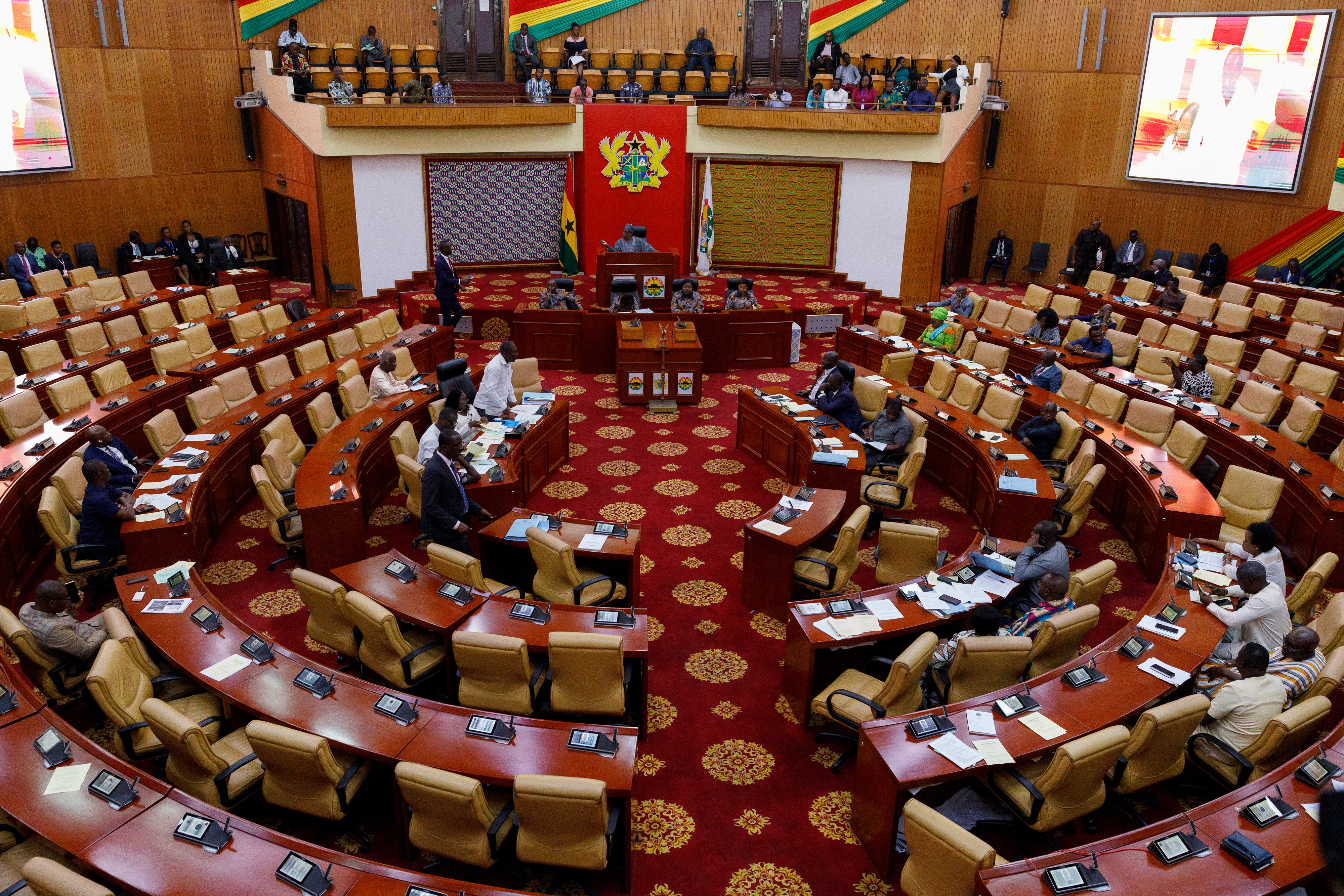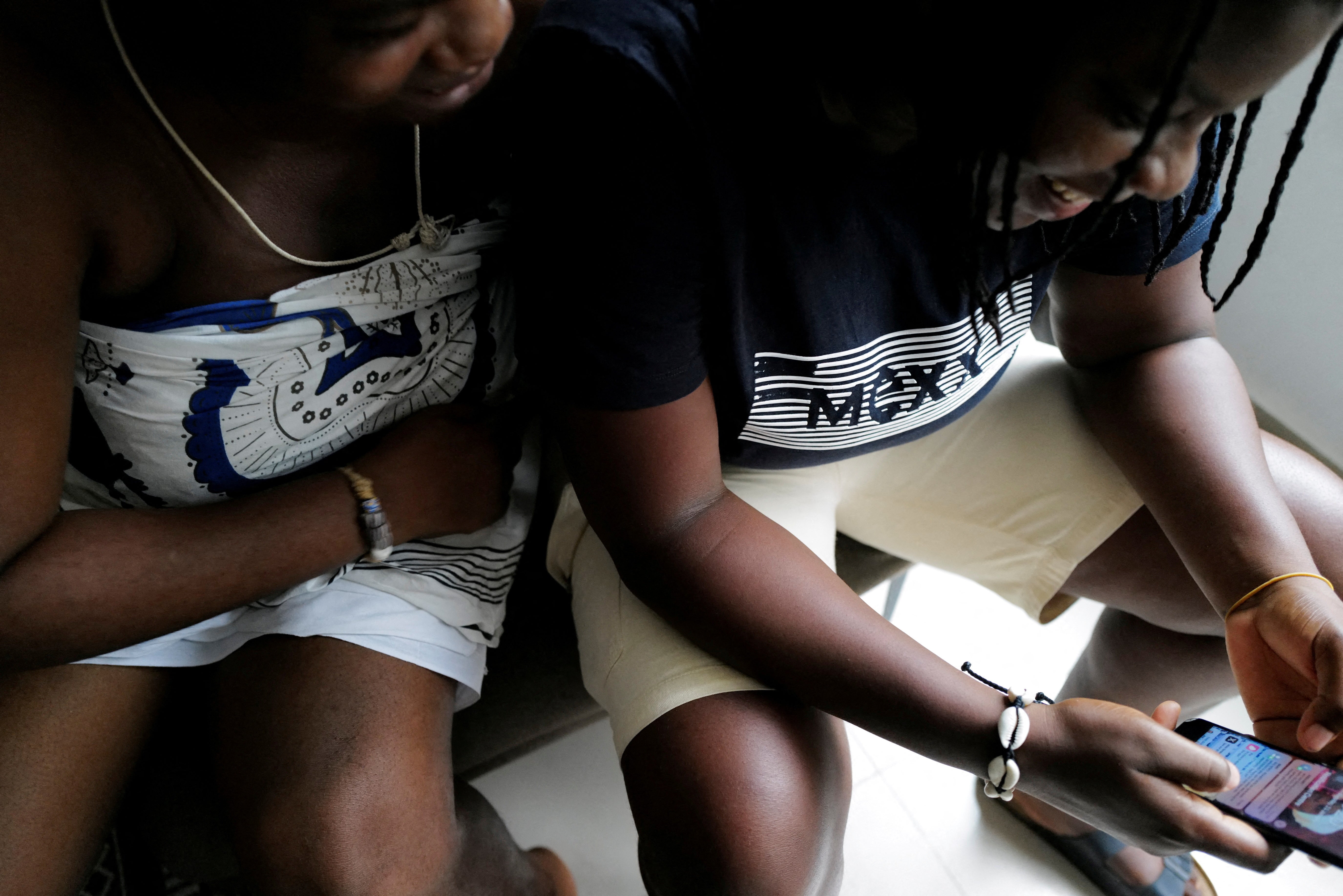Ghana anti-LGBT+ bill condemned by UN as ‘profoundly disturbing’
Anyone convicted could face up to a decade in prison
An anti-gay bill that criminalises LGBT+ people and their supporters in Ghana drew international condemnation on Thursday, with the United Nations calling for it not to become law.
The bill voted through by the Ghanaian parliament on Wednesday was first introduced three years ago. It outlaws relationships, sexual activity and public displays of affection, and targets LGBT+ supporters.
Those convicted could face up to a decade in prison.

Volker Türk, the UN high commissioner for human rights, said the passage of the Human Sexual Rights and Family Values Bill 2024 is “profoundly disturbing”.
“The bill broadens the scope of criminal sanctions against lesbian, gay, bisexual, transgender, transexual and queer people – simply for being who they are – and threatens criminal penalties against perceived allies of LGBTQ+ people,” he said in a statement.
“I call for the bill not to become law. I urge the Ghanaian government to take steps to ensure everyone can live free from violence, stigma and discrimination, regardless of their sexual orientation or gender identity. Consensual same-sex conduct should never be criminalised.”
The bill has been sent to the president’s desk to be signed into law.
Ghana has generally been considered more respectful of human rights than most African countries but since the legislation passed through parliament, international condemnation has grown.
The United States said it was deeply troubled by the bill, saying it threatens Ghanaians’ freedom of speech and its legitimacy should be reviewed.
In a radio interview, the attorney general and minister of justice, Godfred Yeboah Dame, said he would not advise the president to sign a bill into law that didn’t abide by the constitution.

Audrey Gadzekpo, chairman of the Center for Democratic Development, a rights group, said it will continue advocating to get the bill thrown out, including by going to court.
LGBT+ people in Ghana say they’re worried for the safety of those around them such as health providers, as well as for themselves.
“The passage of this bill, it demonstrates to me and all Ghanaians that our politicians do not respect our democracy. They do not respect our constitution, nor do they respect the many international rights treaties that Ghana has signed up to over the years,” a lesbian who did not want to be named for fear of reprisal told the Associated Press.
“I don’t know how much longer I can continue to live in a country that has criminalised me,” she said.
Associated Press contributed to this report
Bookmark popover
Removed from bookmarks